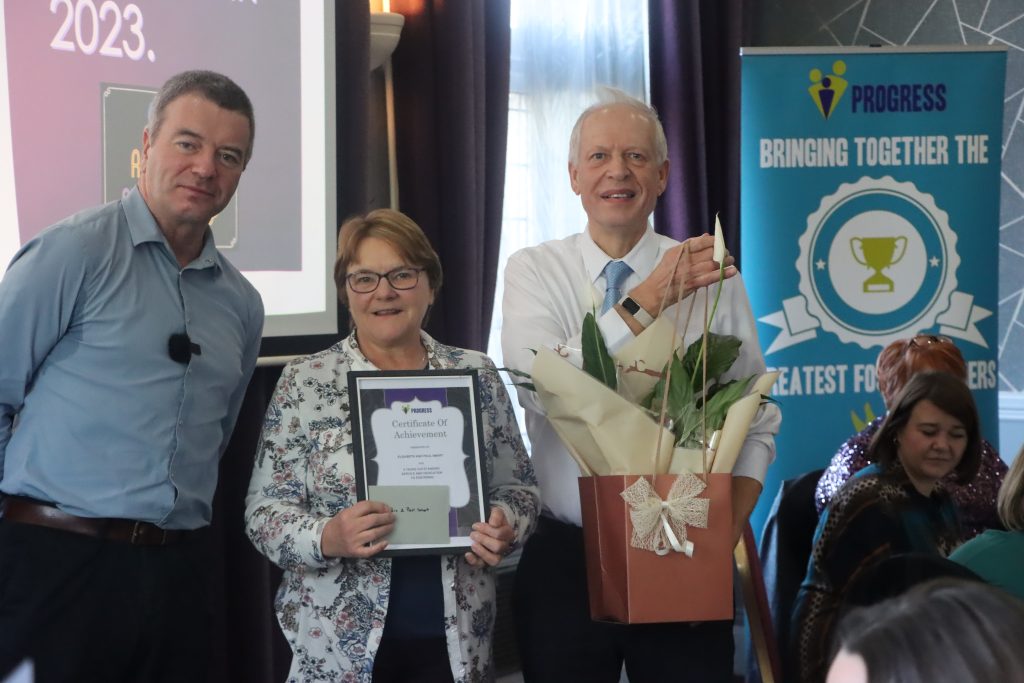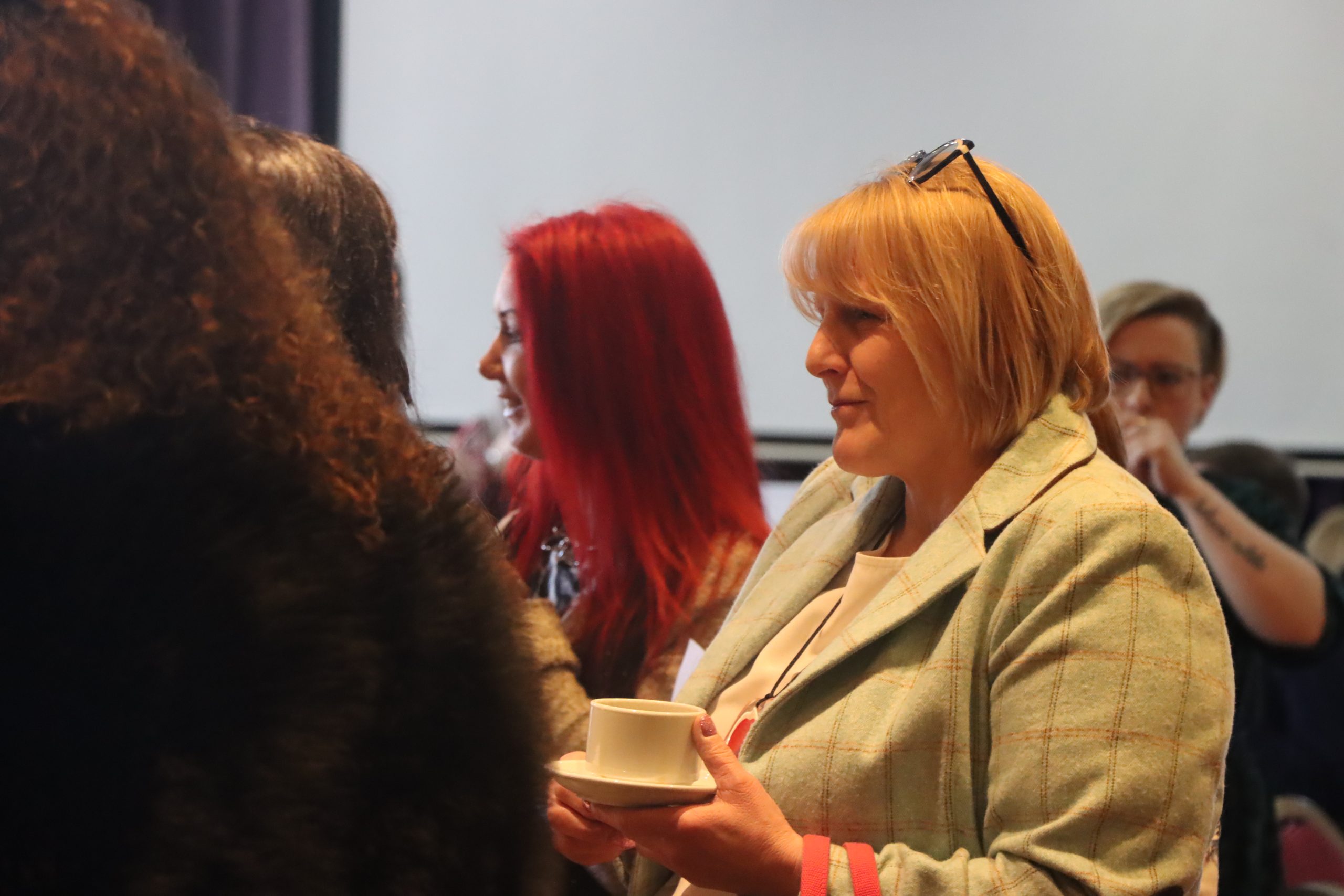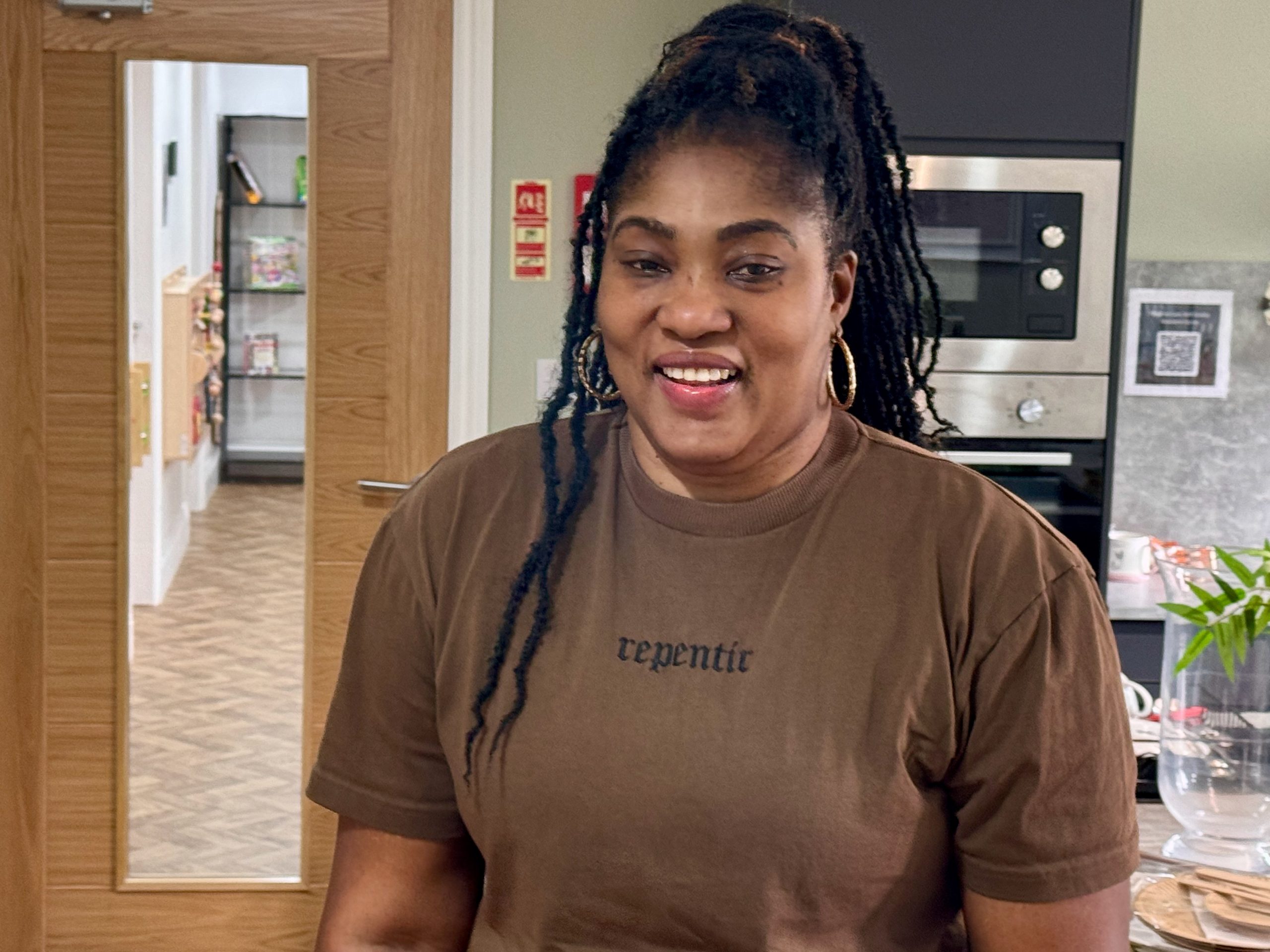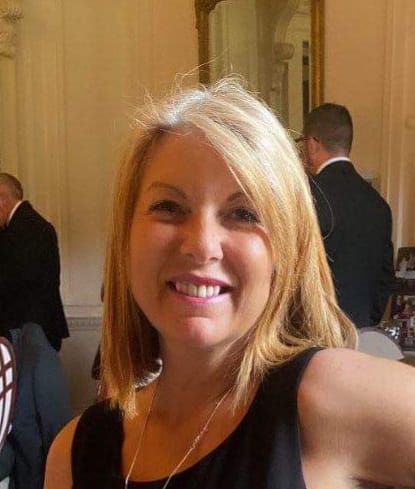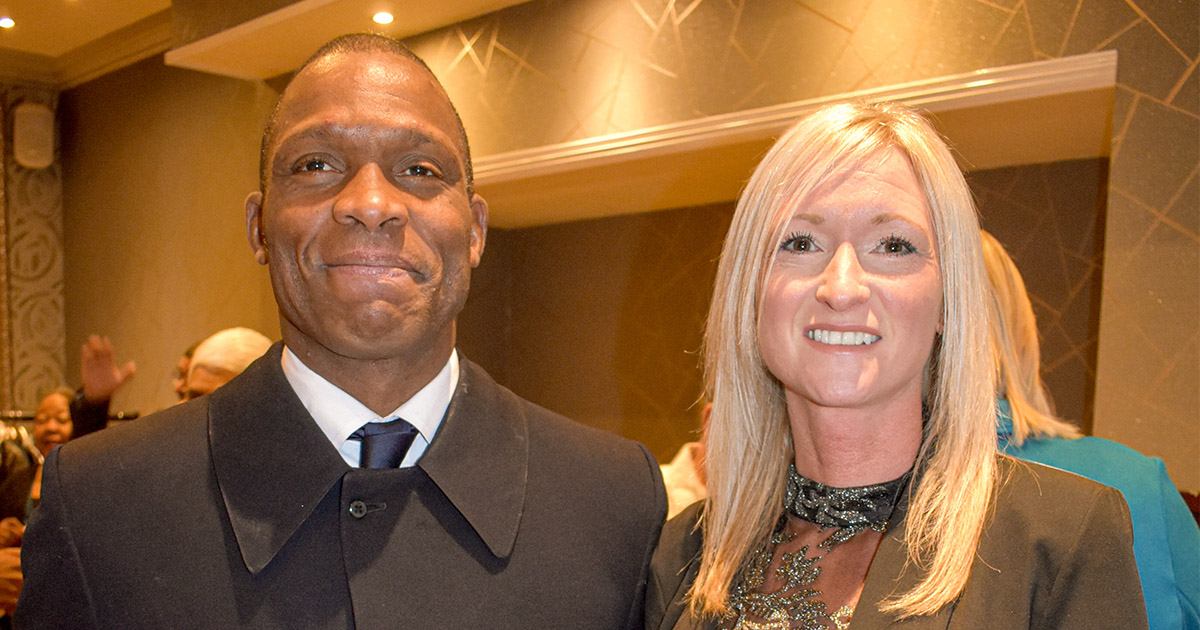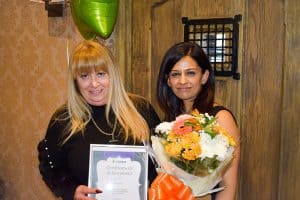In a heartwarming celebration of dedication and compassion, Progress Fostering Service which includes the fostering team, foster carers and other stakeholders, recently gathered to commemorate the service’s remarkable achievements of 2023. Held with joyous spirits, the event not only highlighted the milestones but also served as a testament to the profound impact of fostering with Progress.
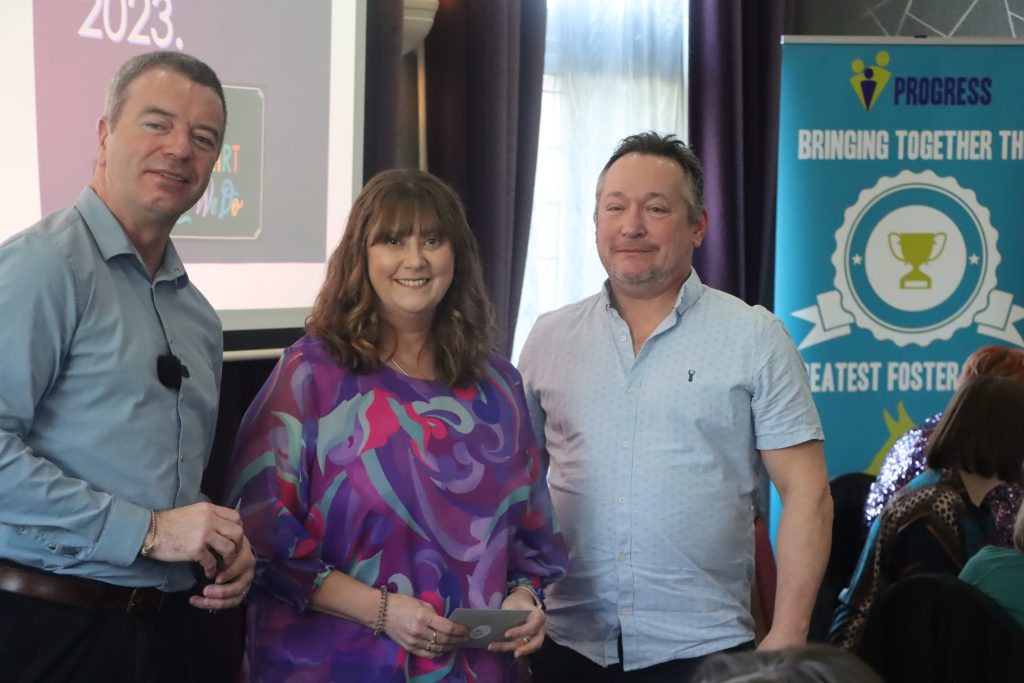
Among the highlights of the evening were the presentations of certificates of achievement, celebrating years of unwavering commitment and tireless support and services provided by the foster carers. It was a momentous occasion as those who had dedicated years to fostering with Progress were honoured for their remarkable contributions.
As the ceremony unfolded, the room buzzed with an atmosphere of appreciation and gratitude. The heartfelt speeches echoed the sentiments of the entire Progress Fostering Service community, acknowledging the invaluable role played by each foster carer in transforming the lives of children and young people.
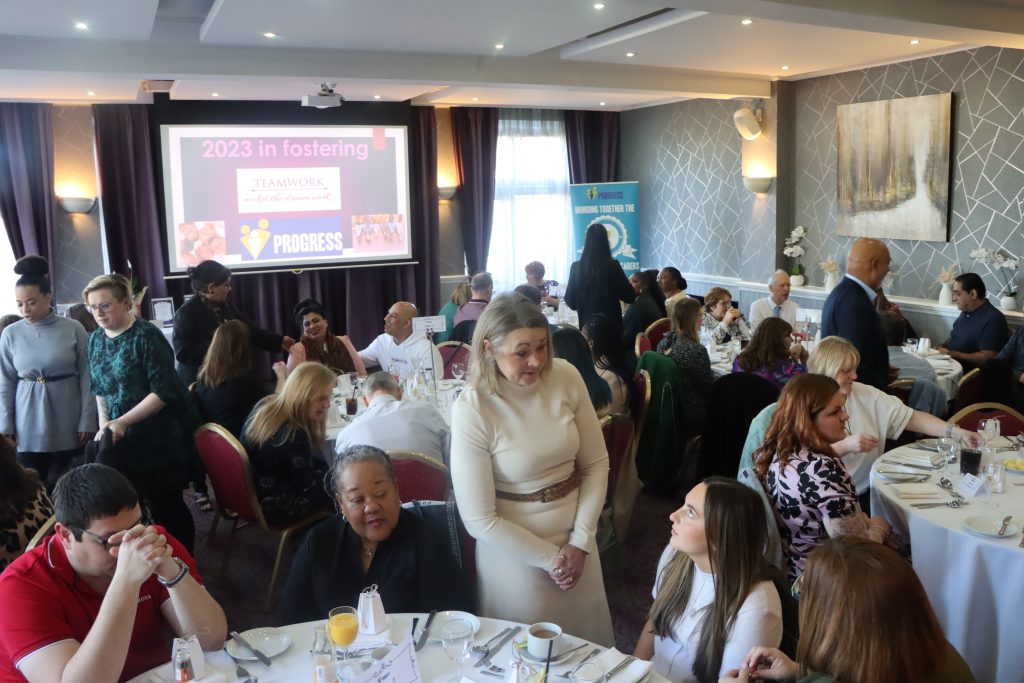
Captured within the frames of the photographs are moments brimming with pride and camaraderie. Smiles adorned the faces of foster carers as they celebrated those that received their well-deserved accolades, their eyes gleaming with a sense of fulfillment that comes from knowing they are making a difference.
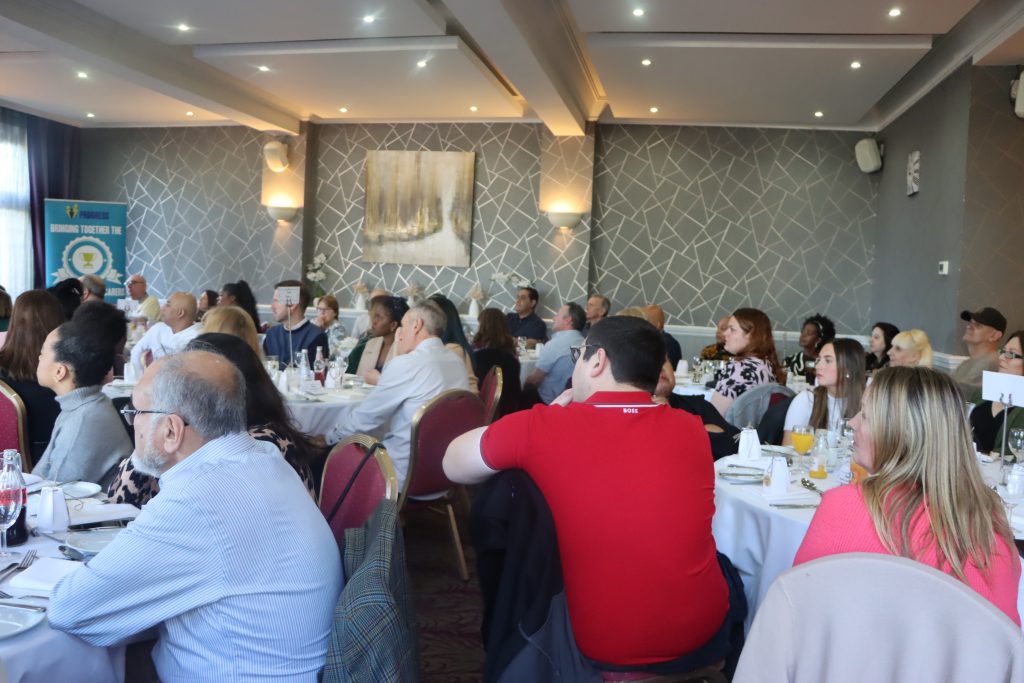
The event was a tapestry of emotions – from jubilation to quiet reflection, from shared laughter to silent tears of joy. The event was a celebration of foster carers’ stories of resilience, compassion, and unwavering dedication, weaving together the threads of countless lives touched and transformed through the power of fostering.
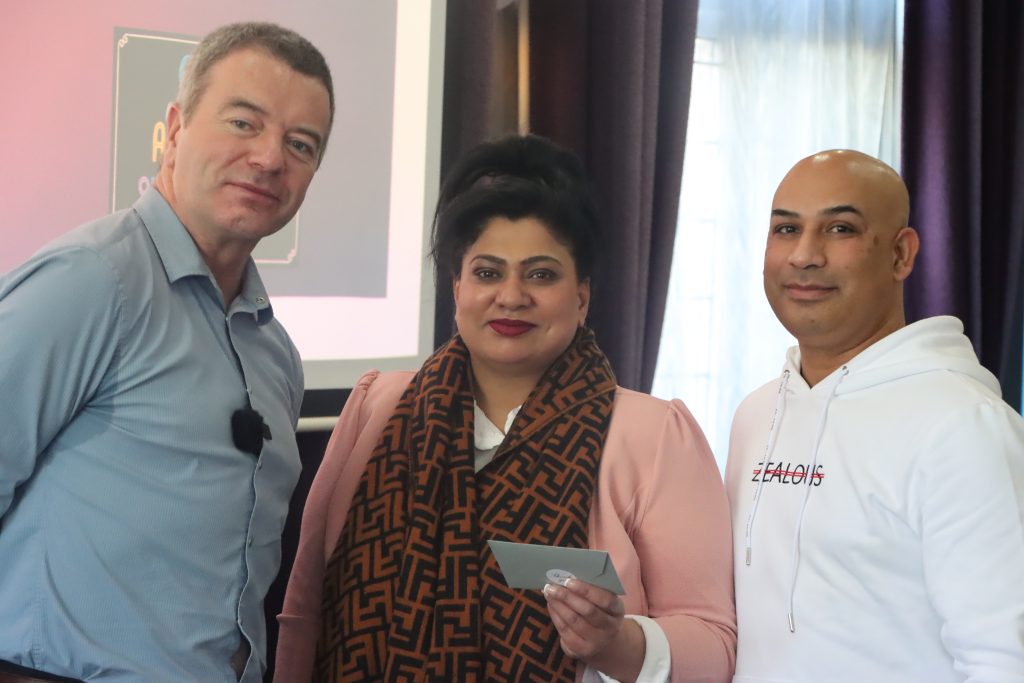
Looking back on these cherished memories reminded attendees of the profound impact of fostering – not just on the lives of the children and young people entrusted to the care of Progress Fostering Service, but also on the lives of people involved, especially the individual foster carers. Foster carers in attendance summarily described fostering as a journey that delivers the best rewards for everyone involved when it is defined and guided by love.
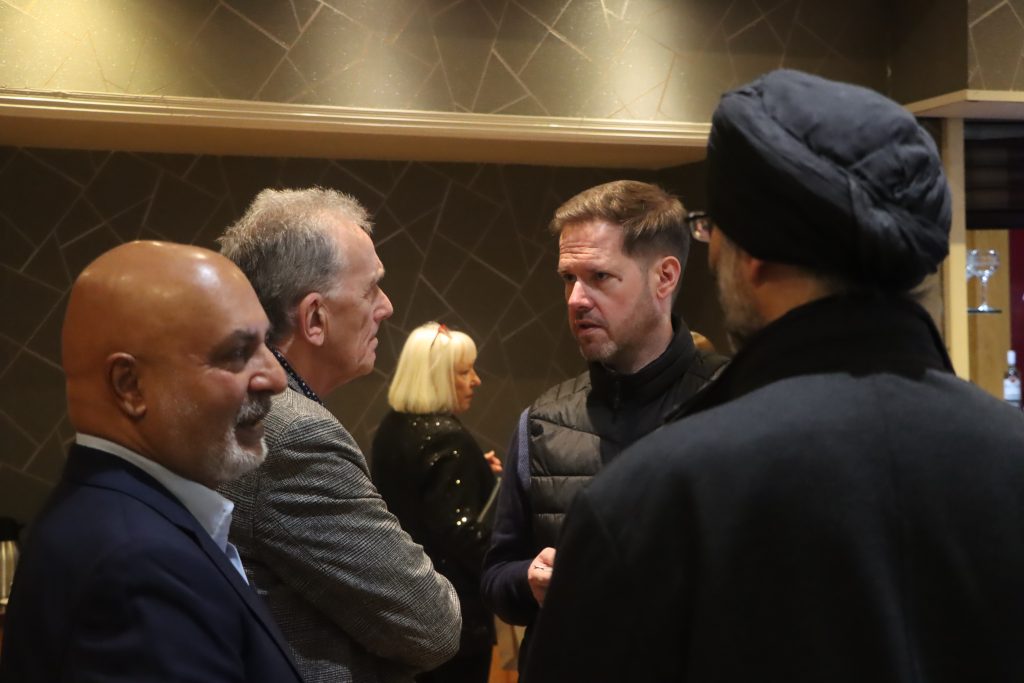
Indeed, the event was more than just a celebration of achievements; it was a celebration of the human spirit, of the profound capacity for compassion and kindness that resides within Progress’ foster carers. It reinforced the spirit of camaraderie and dedication that defines fostering, knowing that every milestone reached by a child is a testament to the transformative power of love and care.
